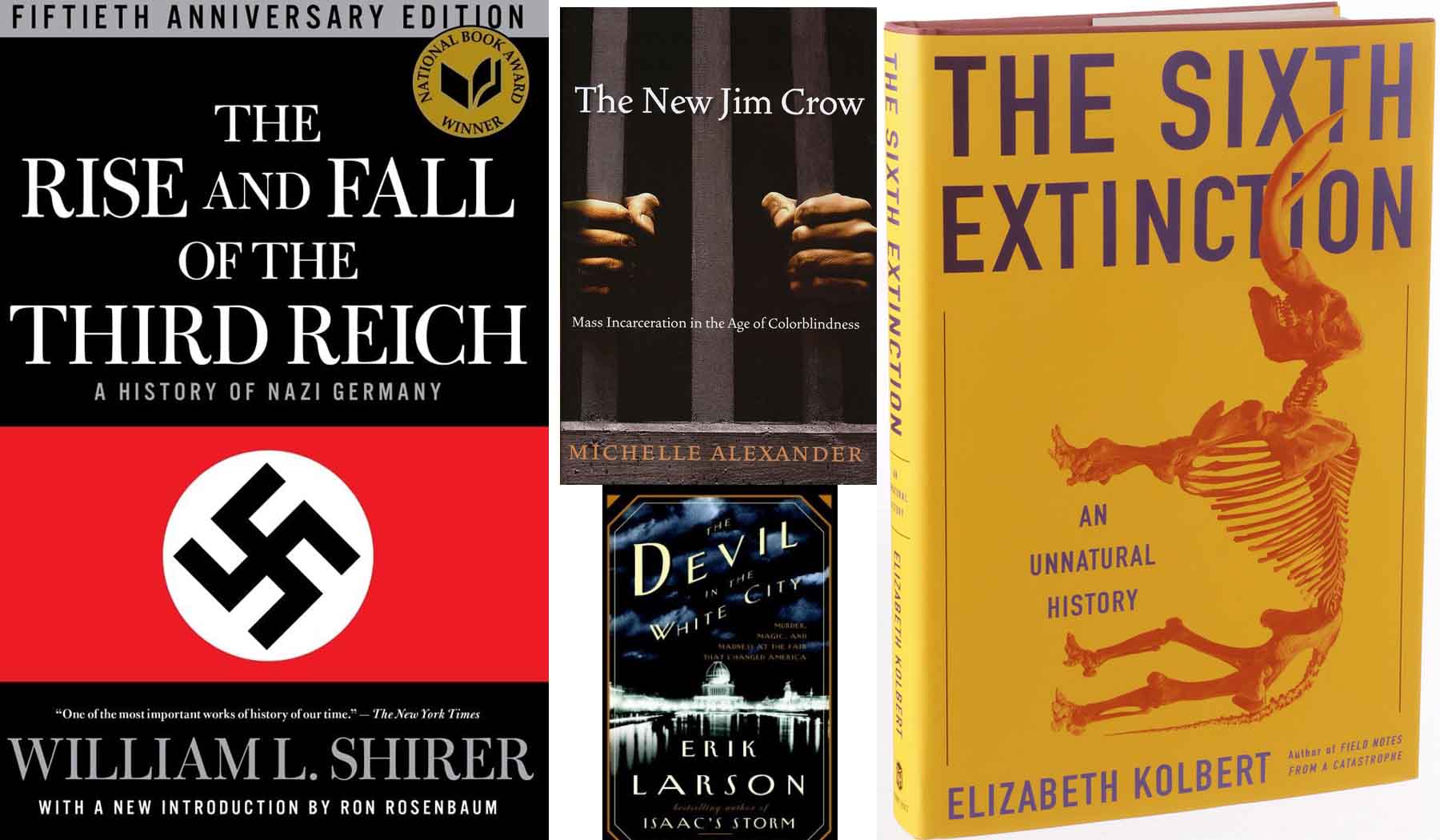History is a fascinating subject that allows us to explore the past and understand how it shapes our present.
If you are interested in learning about history, reading non-fiction books is a great way to start.
The following is a list of the best non-fiction books about history that you should consider reading.
1. Sapiens: A Brief History of Humankind by Yuval Noah Harari
“Sapiens” is a compelling book that takes readers on a journey through the history of humanity.
The book explores how Homo sapiens evolved from an insignificant species to the dominant force on Earth.
It also delves into the cultural, political, and economic developments that have shaped our world.
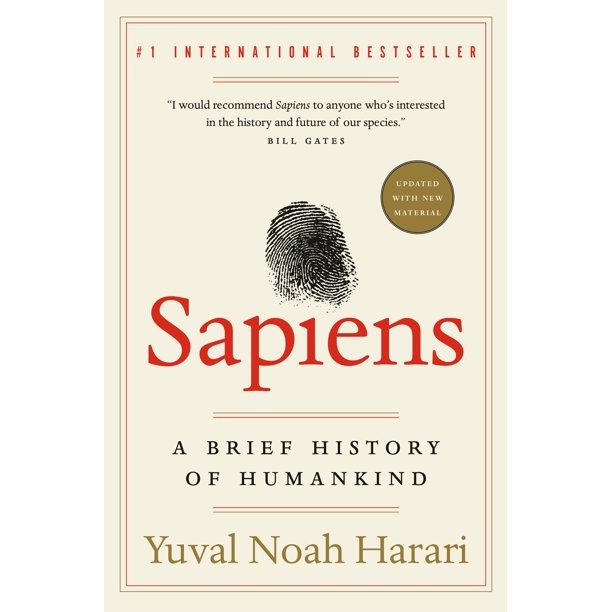
2. The Rise and Fall of the Third Reich by William L. Shirer
William L. Shirer’s “The Rise and Fall of the Third Reich” is a classic history book that provides an in-depth account of Nazi Germany.
The book covers Hitler’s rise to power, the Nazi regime’s atrocities, and the events that led to the fall of the Third Reich.
It is a must-read for anyone interested in understanding the origins of World War II.
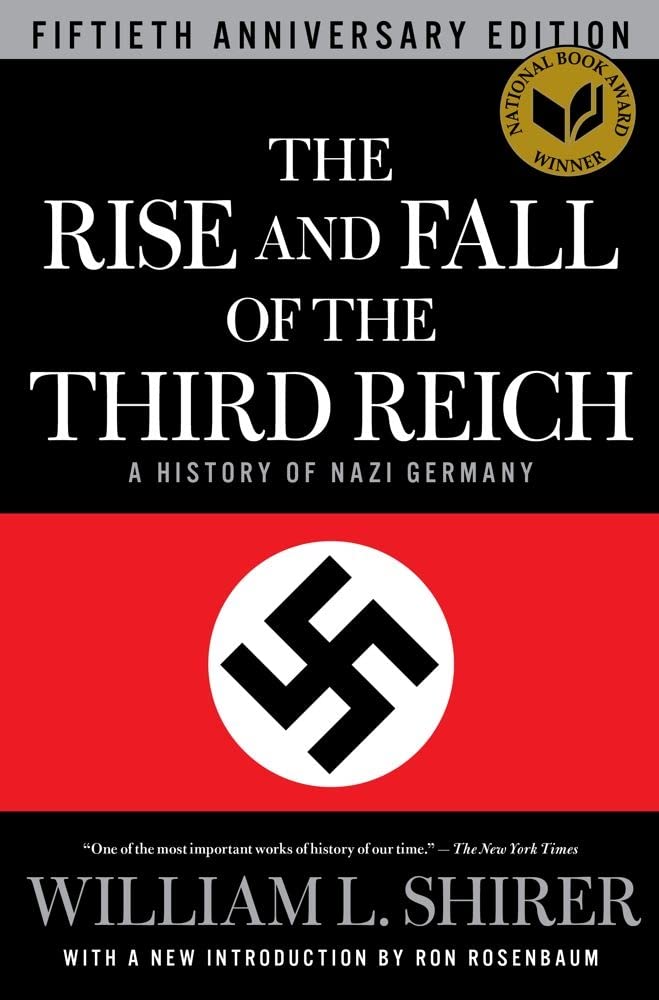
3. Guns, Germs, and Steel: The Fates of Human Societies by Jared Diamond
In “Guns, Germs, and Steel,” Jared Diamond examines the factors that led to the rise of Western civilization.
The book looks at how geography, agriculture, and technology gave certain societies an advantage over others.
It also explores the impact of these factors on the history of human societies.
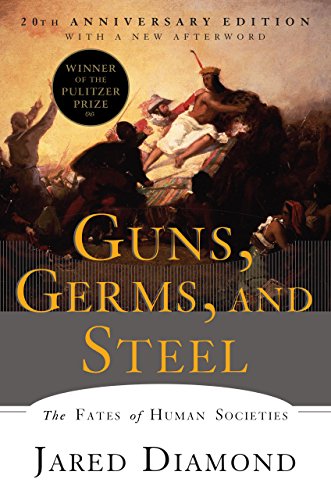
4. The Devil in the White City by Erik Larson
Erik Larson’s “The Devil in the White City” is a gripping non-fiction book that tells the story of the 1893 Chicago World’s Fair.
The book explores the architectural achievements of the fair and the dark side of the event, including the crimes of serial killer H.H. Holmes.
It is a fascinating look at an important moment in American history.
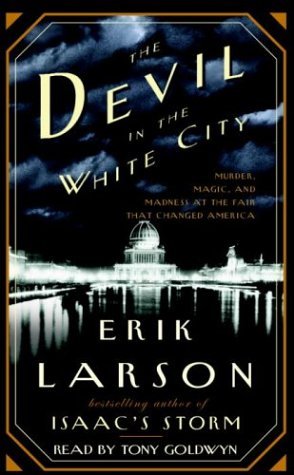
5. The Immortal Life of Henrietta Lacks by Rebecca Skloot
“The Immortal Life of Henrietta Lacks” is a captivating book that tells the story of Henrietta Lacks, an African American woman whose cancer cells were used without her knowledge for scientific research.
The book explores the ethical issues surrounding the use of human cells for research and the impact of Henrietta Lacks’s cells on scientific breakthroughs.
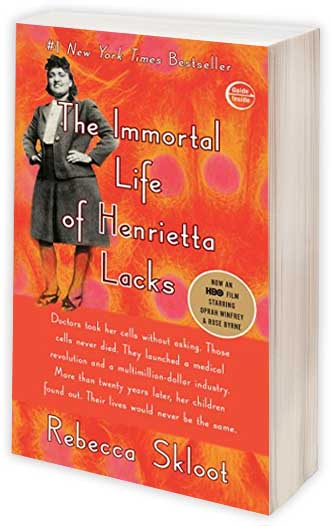
6. 1776 by David McCullough
David McCullough’s “1776” provides a detailed account of the events leading up to the American Revolution.
The book covers the battles of Bunker Hill, Long Island, and Trenton, among others.
It also explores the leadership of George Washington and the challenges he faced during the Revolutionary War.
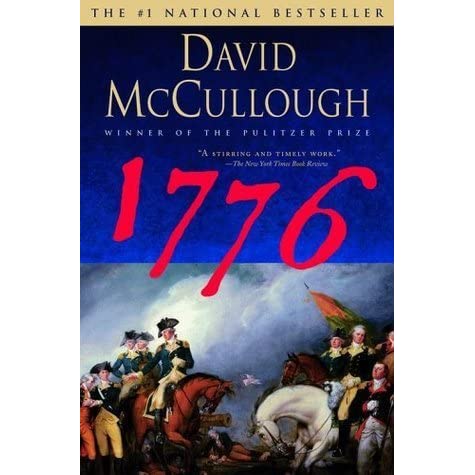
7. The Warmth of Other Suns: The Epic Story of America’s Great Migration by Isabel Wilkerson
Isabel Wilkerson’s “The Warmth of Other Suns” tells the story of the Great Migration, the movement of millions of African Americans from the South to the North and West between 1915 and 1970.
The book explores the economic, social, and political factors that led to the migration and the impact of the migration on American society.
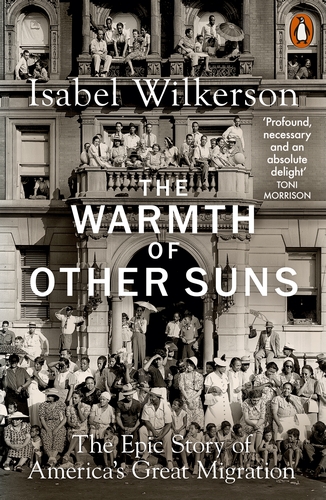
8. The Sixth Extinction: An Unnatural History by Elizabeth Kolbert
In “The Sixth Extinction,” Elizabeth Kolbert explores the current mass extinction of species caused by human activity.
The book examines the impact of climate change, pollution, and other human factors on the planet’s biodiversity.
It is a sobering look at the future of our planet and the consequences of our actions.
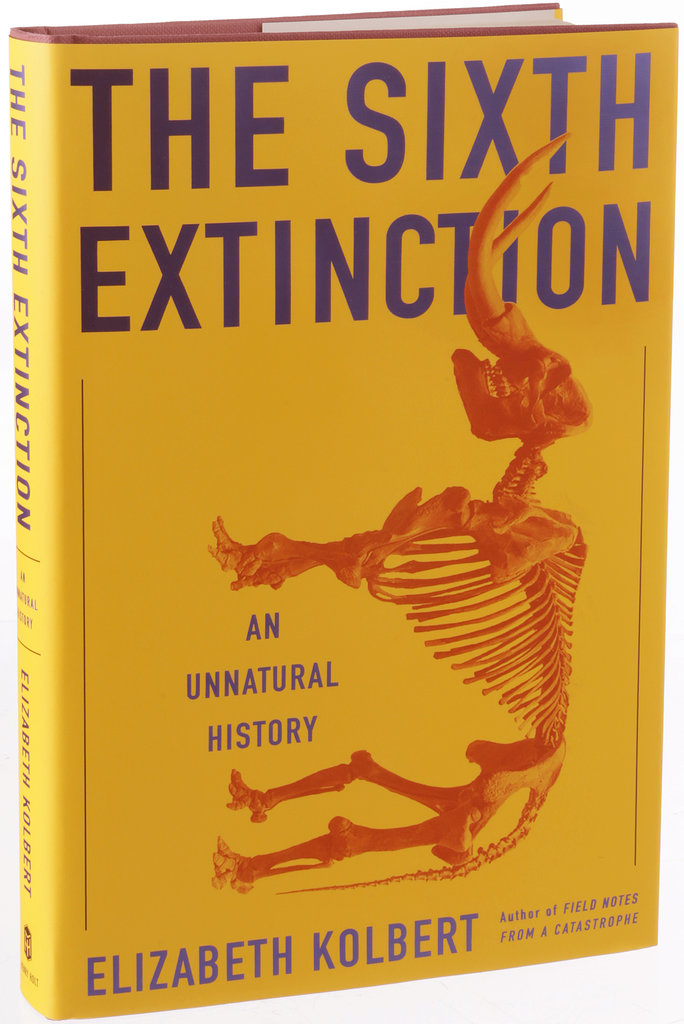
9. The New Jim Crow: Mass Incarceration in the Age of Colorblindness by Michelle Alexander
Michelle Alexander’s “The New Jim Crow” is a groundbreaking book that examines the impact of mass incarceration on African Americans.
The book explores how the criminal justice system has disproportionately affected black communities and how it has perpetuated a system of racial inequality in the United States.
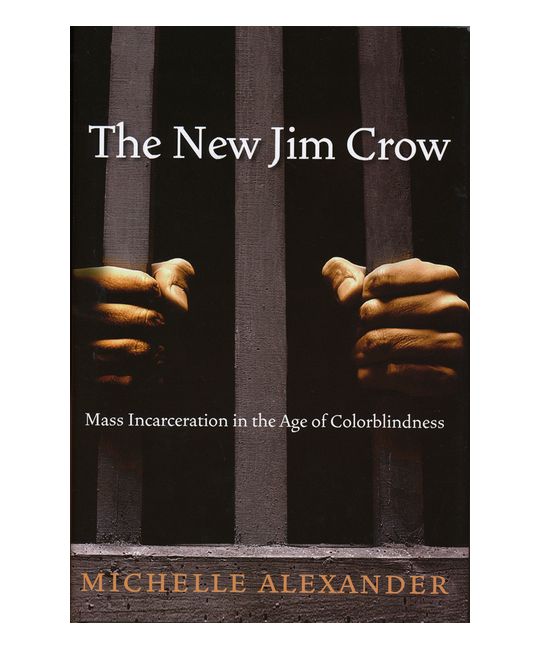
10. A People’s History of the United States by Howard Zinn
Howard Zinn’s “A People’s History of the United States” provides an alternative perspective on American history.
The book explores the experiences of ordinary people, including slaves, women, and Native Americans, throughout the country’s history.
It offers a critical analysis of American society and politics and challenges traditional historical narratives.
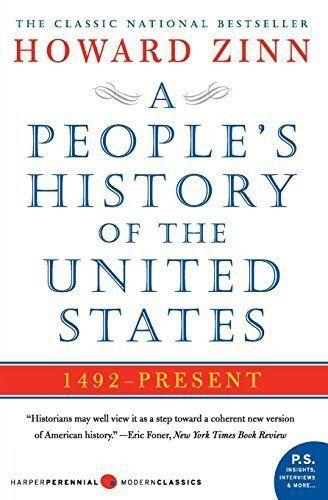
In conclusion, reading non-fiction books about history is an excellent way to broaden your understanding of the world.
The books listed above are just a few examples of the many great history books available.
Whether you are interested in learning about the rise and fall of civilizations, the impact of science on society, or the struggles of marginalized communities, there is a non-fiction book out there for you.
So, grab a book and start exploring the fascinating world of history!
